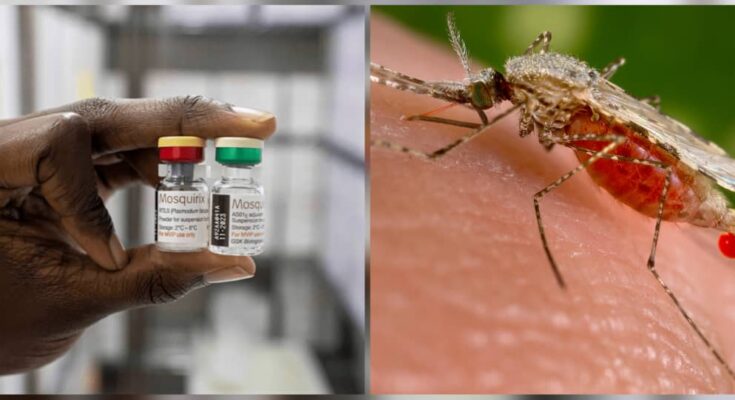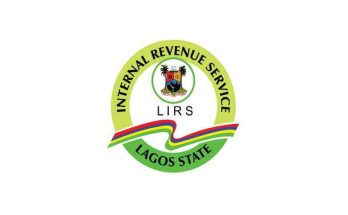The World Health Organization (WHO) has given its endorsement to a groundbreaking vaccine, R21/Matrix-M, designed to combat malaria in children.
This recommendation follows advice from two expert groups within WHO: the Strategic Advisory Group of Experts on Immunization (SAGE) and the Malaria Policy Advisory Group (MPAG).
WHO Director-General Dr. Tedros Ghebreyesus, officially endorsed this recommendation after the organization’s biannual meeting from September 25 to September 29, 2023.
The R21 malaria vaccine recommendation was based on data from an ongoing clinical trial and various studies.
This vaccine is expected to significantly impact public health, especially since demand for the previously approved RTS S vaccine already exceeds its supply.
Features of the new malaria vaccine
Here are some key features of the R21 malaria vaccine:
- Good for Seasonal Use: In regions with highly seasonal malaria transmission (where malaria is limited to 4 or 5 months per year), the R21 vaccine reduced symptomatic malaria cases by 75% in the year following a 3-dose series.
- Good for Age-Based Schedule: The vaccine demonstrated a good efficacy rate of 66% during the first 12 months following the first three doses, with continued efficacy after a fourth dose a year later.
- High Public Health Impact: Mathematical models suggest that the R21 vaccine will have a significant public health impact across various malaria transmission settings, including areas with low transmission rates.
- Cost-Effective: Priced between US$2 to US$4 per dose, the R21 vaccine is considered cost-effective, aligning with other recommended malaria interventions and childhood vaccines.
- Comparable to RTS,S: While R21 and RTS,S are both WHO-recommended vaccines, they have not been directly compared in trials, and there is no evidence to favor one over the other. The choice between them should be based on programmatic factors, vaccine availability, and affordability.
- Safety: Clinical trials have shown that the R21 vaccine is safe. Ongoing safety monitoring, as with any new vaccine, will continue.
READ ALSO; “How the health challenge tested our marriage” – Aproko Doctor’s wife, Chiamaka recount
Approximately 28 African countries plan to introduce the WHO-recommended malaria vaccine into their national immunization programs. Gavi, the Vaccine Alliance, has approved technical and financial support for the rollout of malaria vaccines in 18 countries.
RTS,S is set to be rolled out in some African countries in early 2024, while the R21 malaria vaccine is expected to be available to countries by mid-2024.








